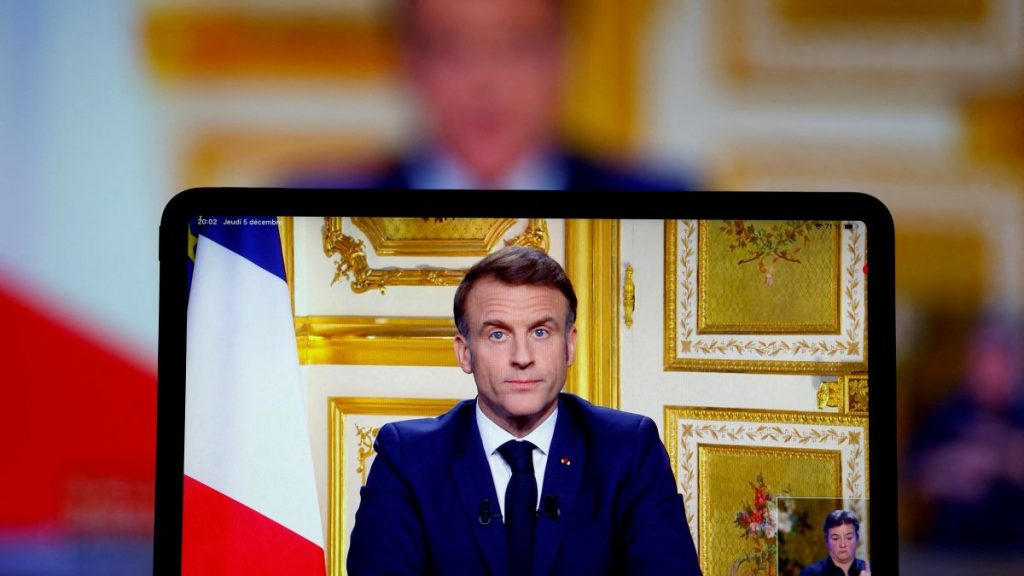French President Emmanuel Macron is set to announce a new prime minister on Friday after days of intense negotiations to replace Michel Barnier, who was ousted by parliament in a no-confidence vote on December 4.
The decision comes after Macron missed his self-imposed 48-hour deadline to name a successor. His delayed response underscores the political gridlock that has gripped France since inconclusive parliamentary elections earlier this year left no party or alliance with a majority.
On Thursday, Macron cut short a visit to Poland, a key EU and NATO ally, to conclude consultations on the appointment. A presidential aide confirmed late Thursday that the announcement would be made Friday morning, though details of the final decision remain scarce.
“We are finishing consultations,” the aide said, reflecting the challenges of finding a candidate acceptable to France’s fragmented political spectrum.

The incoming prime minister will face an immediate challenge in negotiating a budget that can pass through the bitterly divided lower house. Macron’s revolving door of premiers—five in six years—highlights the difficulties of the role.
Rumoured top candidates include veteran centrist François Bayrou, former Socialist Prime Minister Bernard Cazeneuve, and Defence Minister Sébastien Lecornu, a Macron loyalist. However, all have faced resistance from different political factions, with insiders describing the situation as “stuck.”
“They are stuck… each name gets blocked,” said a source close to Macron, adding that an unexpected choice might be the president’s way forward.
Polls show the public is increasingly frustrated, with two-thirds of respondents urging politicians to cooperate to avoid further government instability. However, the same number expressed little confidence in the ability of political leaders to achieve consensus.
Greens leader Marine Tondelier criticised the potential candidates, calling for a “fresh wind” to bring renewed momentum to French politics. Meanwhile, far-right National Rally leader Marine Le Pen appears to be benefiting from the chaos, polling well ahead of rivals in potential future presidential contests.
Le Pen, however, faces her own critical moment. In March 2025, she will receive the verdict in an embezzlement trial, which could derail her chances of standing in the 2027 elections if convicted.
As Macron prepares to unveil his sixth prime minister, the political landscape remains fraught with uncertainty. The choice will not only shape the immediate future of France’s government but also set the tone for the country’s broader political direction in the years to come.


